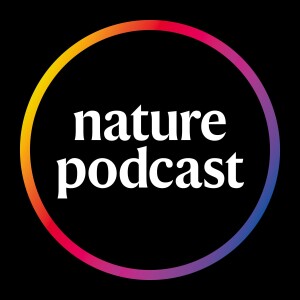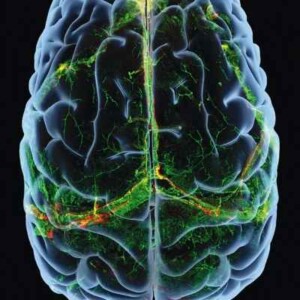

In this episode:
00:47 An automated way to monitor wildlife recovery
To prevent the loss of wildlife, forest restoration is key, but monitoring how well biodiversity actually recovers is incredibly difficult. Now though, a team have collected recordings of animal sounds to determine the extent of the recovery. However, while using these sounds to identify species is an effective way to monitor, it’s also labour intensive. To overcome this, they trained an AI to listen to the sounds, and found that although it was less able to identify species, its findings still correlated well with wildlife recovery, suggesting that it could be a cost-effective and automated way to monitor biodiversity.
Research article: Müller et al.
12:30 Research Highlights
Researchers develop algae-based living materials that glow when squeezed, and a 50-million-year-old bat skull that suggests echolocation was an ancient skill.
Research Highlight: Give these ‘living composite’ objects a squeeze and watch them glow
Research Highlight: Fossilized skull shows that early bats had modern sonar
15:11 Briefing Chat
A brain imaging study reveals how high-fat foods exert their powerful pull, and how being asleep doesn’t necessarily cut you off from the outside world.
Nature News: Deep asleep? You can still follow simple commands, study finds
Nature News: Milkshake neuroscience: how the brain nudges us toward fatty foods
Subscribe to Nature Briefing, an unmissable daily round-up of science news, opinion and analysis free in your inbox every weekday.
Hosted on Acast. See acast.com/privacy for more information.
More Episodes
All Episodes>>You may also like
Create Your Podcast In Minutes
- Full-featured podcast site
- Unlimited storage and bandwidth
- Comprehensive podcast stats
- Distribute to Apple Podcasts, Spotify, and more
- Make money with your podcast




